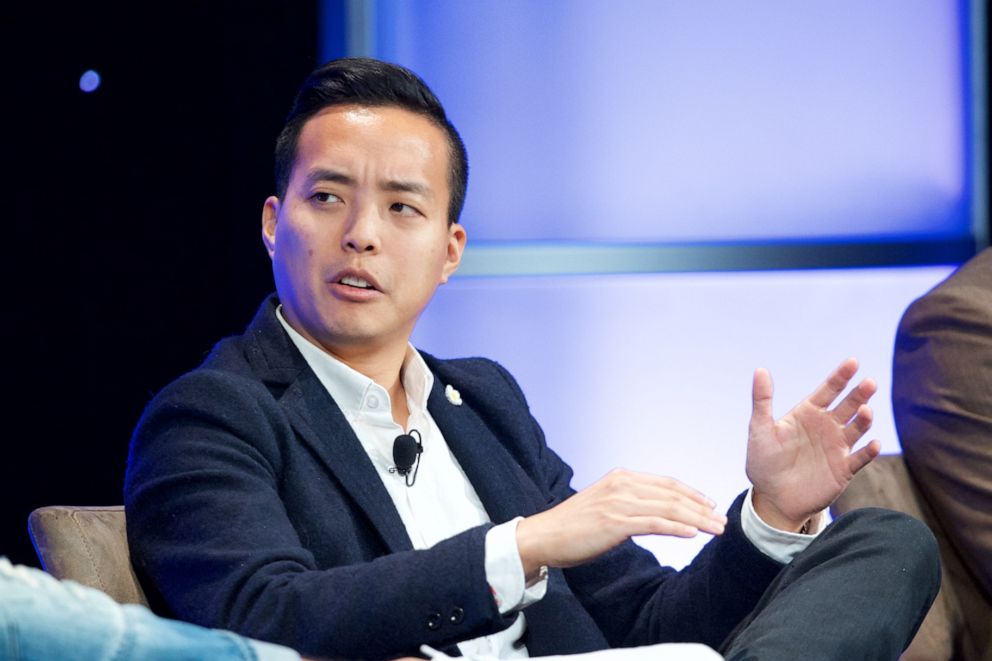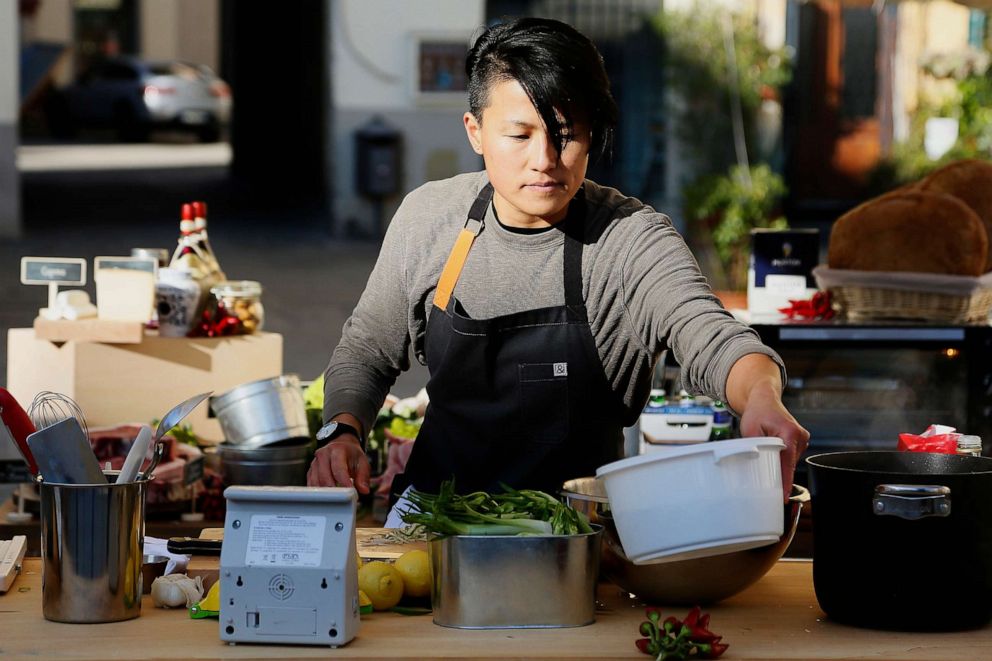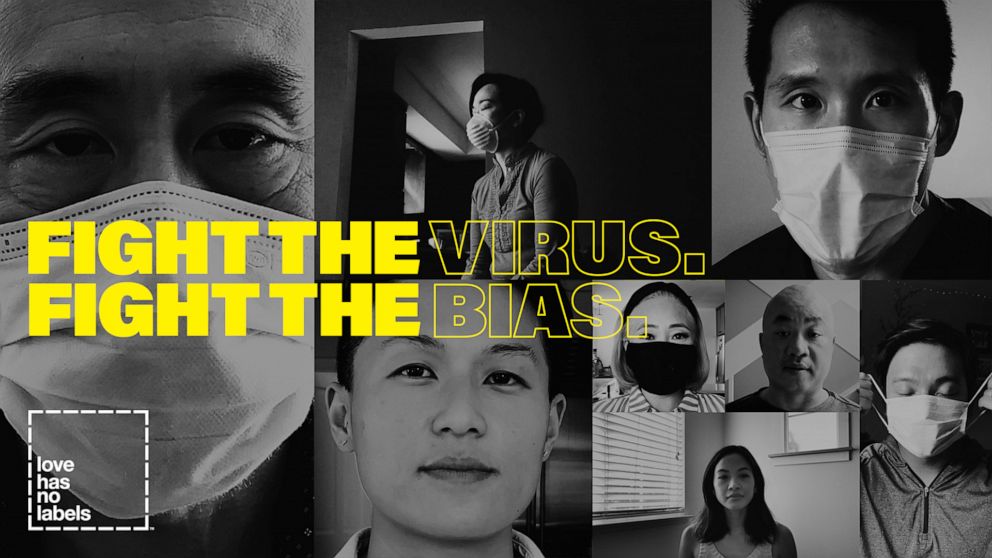In the latest fight against Anti-Asian sentiment, Ad Council releases PSA
"Sadly, this PSA couldn't be more timely," Alan Yang told ABC News.
Producer and writer Alan Yang partnered up with The Ad Council, the non-profit organization, to release a public service announcement about the surge in anti-Asian sentiment brought on by COVID-19. The campaign features an all Asian American cast, including essential workers like a firefighter, a grocery store worker, a nurse and a doctor, detailing their experience with COVID-related harassment and discrimination.
Known for "Master of None" and "Parks and Recreation," Yang said this project was not only relevant for this moment in time but it also felt personal.
When Yang was doing press for his film "Tigertail" in April, he recalled social media users leaving hateful comments like "go back to China" and "coronavirus." One of the lead actors in "Tigertail," Tzi Ma, shared with Yang about his encounter with a racist man in a Whole Food's parking lot in California.
Calling these incidents eye-opening, Yang said this behavior is fundamentally un-American. "This country is built on acceptance," Yang told ABC News, adding, "Sadly, this PSA couldn't be more timely."

Celebrity chef Melissa King, who also participated in the PSA, told ABC News she felt the need to speak up as her family and friends have also been targets of racial slurs and discrimination.
“It’s extremely upsetting to hear that,” King said. “We are in 2020, yet it feels like we’re moving very backwards.”

In the most recent “Stop AAPI Hate” report released by a coalition of civil rights organizations, Asian Americans and Pacific Islanders have been the target of more than 2,000 discriminatory incidents.
When it became widely known that the novel coronavirus originated from Wuhan, China, xenophobia against Asian Americans was immediately on the rise in the U.S., experts said. Though the story dominated headlines in the beginning, it has largely resulted in little federal and state response.
Most efforts addressing this untoward trend have come from online campaigns led by Asian American organizations and celebrities, spurring hashtags like #WashTheHate, #AllAmericans, #UnapolegeticallyAsian, #TakeOutHate etc.
As part of Ad Council’s Love Has No Labels campaign the PSA ends with this plea, “Fight the virus, fight the bias.”
Sheri Klein, Vice President of Group Campaign Director at Ad Council, said they hope the campaign is more than just a hashtag.

“This is not a one and done deal, we’re really in the long-term fight to educate the public,” in the fight against racism and bias, Klein told ABC News.
According to a recent Pew Research Center survey, Asian adults in the country are the most likely to say “they have been subject to slurs or jokes because of their race or ethnicity since the outbreak began, compared with 21% of Black adults, 15% of Hispanic adults and 8% of white adults.”
Beyond the personal experiences however, “about four-in-10 U.S. adults say it is more common for people to express racist or racially insensitive views about people who are Asian than it was before the coronavirus outbreak,” the survey finds.
“We still think 40% is not that much given how rampant it truly is,” Klein said, they hope their national reach and platform of resources can help increase the public’s awareness in order to “stop the spread of racism.”




